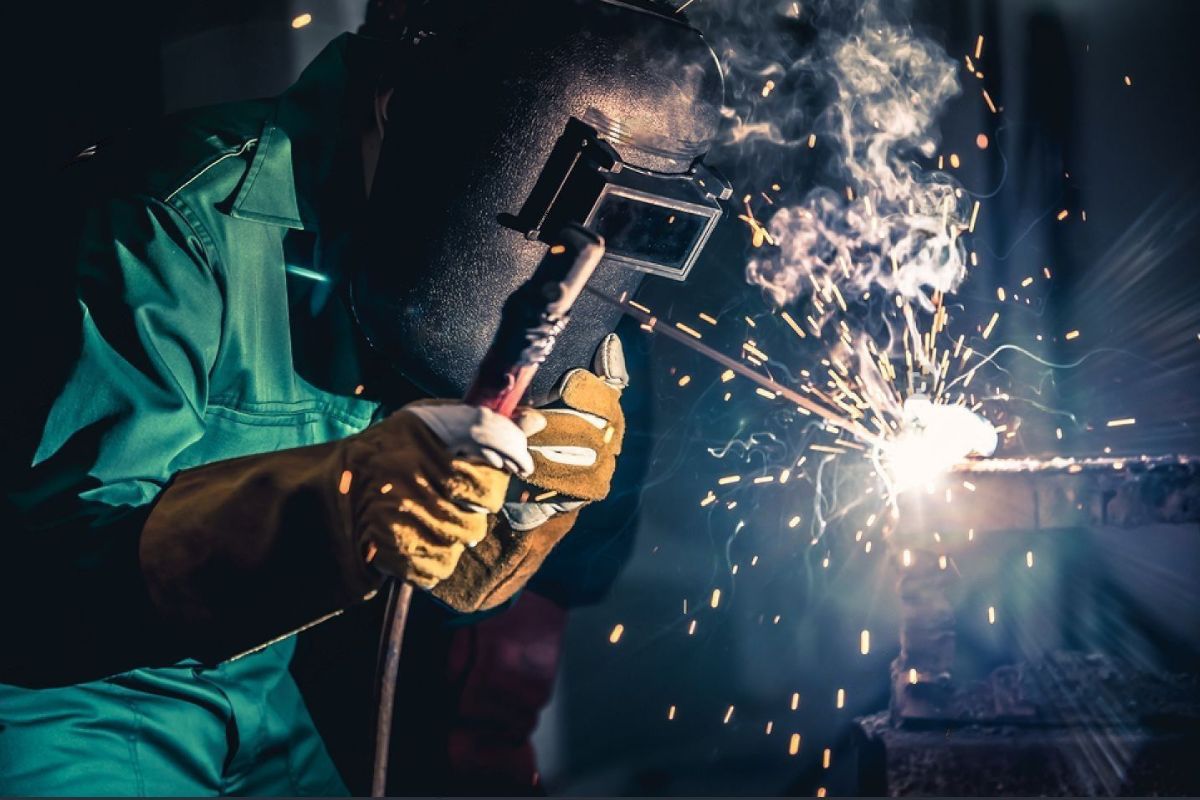The Ultimate Guide to Welding WPS Procedures: A Comprehensive Review for Welders
In the complex globe of welding, Welding Treatment Specifications (WPS) offer as the backbone of making certain top quality, uniformity, and security in welding procedures (welding WPS). As we dig into the different components of a WPS and explore the intricacies of credentials and qualification, we will discover the important function these procedures play in the world of welding.
Importance of WPS Procedures
Comprehending the value of Welding Procedure Specs (WPS) procedures is crucial for ensuring the quality and honesty of bonded frameworks. WPS treatments serve as a roadmap for welders, laying out the required steps, specifications, and products required to accomplish a sound weld. By sticking to WPS guidelines, welders can guarantee uniformity in their work, bring about trusted and structurally sound welds.
Among the primary reasons WPS procedures are vital is their role in keeping weld quality and integrity. Complying with the specified welding criteria and strategies detailed in the WPS helps protect against problems such as porosity, fracturing, or insufficient combination, which can compromise the stamina and resilience of the weld. In addition, WPS treatments are vital for making certain conformity with sector criteria and codes. By following recognized WPS guidelines, welders can show that their job meets the essential demands for safety and security and high quality, giving assurance to customers, assessors, and regulatory bodies. In significance, the importance of WPS procedures can not be overemphasized, as they are fundamental to attaining consistent, high-quality welds that satisfy sector standards and specs.

Components of a WPS
A Welding Treatment Specification (WPS) usually comprises important components that information the particular needs for implementing a weld, guaranteeing consistency and top quality in the welding procedure. The essential elements of a WPS include necessary variables such as base metals, filler steels, interpass and preheat temperatures, welding procedures, protecting gases, welding settings, and post-weld heat therapy needs.
Base metals refer to the materials being joined, while filler steels are used to fill up the gap in between the base metals throughout welding. The welding procedure outlines the specific method to be utilized, whether it's gas steel arc welding (GMAW), secured metal arc welding (SMAW), or an additional approach. Welding positions define the orientations in which welding can be carried out.

Certification and Accreditation
Having actually developed the necessary parts of a Welding Treatment Spec (WPS), the focus currently shifts in the direction of the vital aspects of qualification and accreditation in welding practices.

Accreditation, on the various other hand, is the formal acknowledgment of a welder's credentials by an appropriate qualification body or organization. Welding accreditations are typically based on the certain welding procedures, products, and placements a welder is certified to deal with. Holding a legitimate welding certification demonstrates that a welder satisfies sector standards and is qualified to do welding jobs to the required specs.
Producing a WPS
To create a Welding Treatment Specification (WPS) that meets sector requirements, cautious consideration of welding processes, materials, and functional criteria is crucial (welding WPS). The initial step in producing a WPS is to identify the welding procedure to be utilized, such as gas metal arc welding (GMAW) or shielded steel arc welding (SMAW) When the welding process go to this site is figured out, the next crucial facet is choosing the suitable products, thinking about elements like base steel kind, density, and joint layout. Operational criteria such as welding present, voltage, travel rate, and protecting gas composition have to likewise be carefully specified in the WPS.

Applying and Checking WPS
Upon completing the extensive Welding Treatment Requirements (WPS) that diligently details welding procedures, materials, operational criteria, and quality control steps, the emphasis moves to effectively implementing and checking the well-known treatments. Execution involves making sure that all welders associated with the project are familiar with the WPS and follow it thoroughly during the welding process. This calls for offering sufficient training and guidance to ensure adherence to the specified procedures. Keeping track of the WPS involves continuous oversight to confirm that welding tasks align with the documented specs. Examinations, screening, and quality assurance procedures are crucial elements of the monitoring procedure to identify any type of issues or deviations quickly. Normal audits and reviews of the welding treatments help in maintaining consistency and quality throughout the task. Reliable execution and tracking of the WPS are critical for making sure the honesty, toughness, and safety and security of the bonded joints, inevitably adding to the total success of the welding task.
Conclusion
To conclude, understanding and adhering to Welding Treatment Specifications (WPS) is critical for welders to make sure quality, uniformity, and security in their job. By company website understanding the parts of a WPS, acquiring correct qualifications and qualifications, creating in-depth procedures, and carrying out and monitoring them properly, welders can improve their abilities and effectiveness in welding practices. Sticking to WPS procedures is essential for creating high-quality welds and meeting sector standards.
In the complex globe of welding, Welding Procedure Specs (WPS) serve as the backbone of making certain top quality, uniformity, and safety in welding procedures. The welding process details the details method to be made use of, whether it's gas metal arc welding (GMAW), protected steel arc welding (SMAW), or an additional method.To develop a Welding Treatment Spec (WPS) that fulfills market criteria, cautious consideration of welding processes, materials, and operational specifications is essential. The very first action in creating a WPS is to identify the welding process to be made use of, such as gas steel arc welding (GMAW) or shielded metal arc welding (SMAW)Upon settling the extensive Welding Treatment Specification (WPS) that thoroughly information welding procedures, materials, operational parameters, and quality guarantee measures, the focus moves to successfully carrying out and monitoring the well established procedures.
Comments on “Just how to Develop an Efficient Welding WPS: Tips and Ideal Practices”